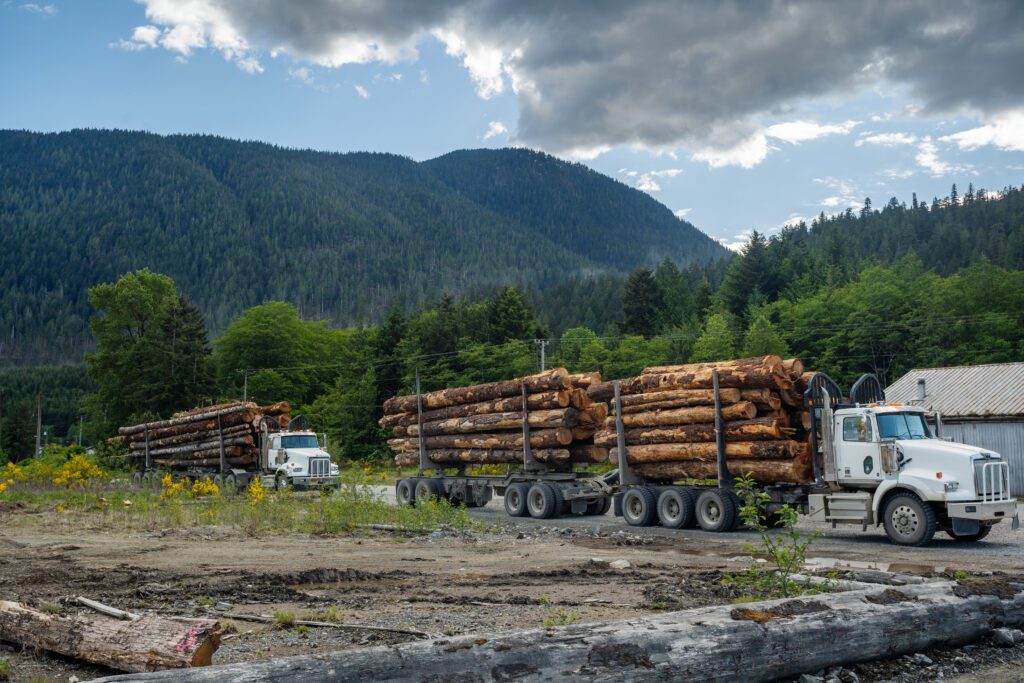Occupational Challenges for Loggers
Loggers and log truck drivers confront significant workplace challenges, including operating heavy machinery, enduring long hours, and working in extreme conditions—often leaving before dawn and returning after dark. These factors contribute to their heightened risk of injury and fatalities.
Research Overview
At the University of Washington Pacific Northwest Agricultural Safety and Health Center, researchers conducted a survey with 45 loggers and log truck drivers across Washington, Oregon, and Idaho. The survey focused on stress levels, fatigue, workplace demands, sleep patterns, and available job supports. Additionally, interviews with nine logging employees provided qualitative insights into their experiences and needs, aimed at identifying how to enhance worker wellbeing in this sector.
Survey Findings
The survey results indicated that logging workers generally experience high job pressure and long hours but also report substantial job support, good physical health, and overall quality of life, suggesting high levels of job satisfaction. Interviews further explored these themes, yielding three main insights about supporting logging workers’ wellbeing.
Valued Independence and Autonomy
Logging professionals expressed pride and satisfaction in their work, valuing its independent and solitary aspects. A notable 64% reported having a very good or excellent quality of life. Interviewees emphasized their appreciation for autonomy and job flexibility. A log truck driver illustrated this sentiment, stating, “I like just the freedom of being able to line out my own day…” Another driver mentioned the pride of making a tangible positive impact on the forest each day.
Work Pace Influenced by Cultural and External Pressures
Most respondents (94%) indicated their work pace as either somewhat or very high, with an average workday exceeding 11 hours. A significant factor driving this pressure is “self-pressure,” with individuals feeling the need to maintain a reputation for toughness and dedication. Some stressed that external factors, such as the early hours of milling operations, compel them to work longer hours to optimize their delivery schedule, resulting in fatigue.
Public Perception and Safety Concerns
Interview participants noted that the lack of public awareness regarding log trucks poses safety risks for everyone on the road. One driver remarked on the dangers posed by the general public’s unfamiliarity with commercial vehicles. Enhancing public education on safe driving around log trucks could potentially improve road safety. Furthermore, some loggers expressed how negative perceptions of logging as environmentally harmful contribute to their feelings of undervaluation in their crucial roles.
Implications for Worker Wellbeing
The insights gained from this research will inform the development of safety and health initiatives tailored to protect loggers and log truck drivers. Understanding that these workers cherish their autonomy will help shape effective safety interventions led by the logging community rather than external authorities. Despite the challenging aspects of their jobs, log truck drivers report high satisfaction and quality of life, underscoring the importance of preserving their autonomy and job contentment in future strategies.
Marissa Baker, PhD, is a Professor and Industrial Hygiene Program Director at the University of Washington, Department of Environmental and Occupational Health Sciences. Lily Monsey is a MPH student and works in the same department. Jennifer Lincoln, PhD, CSP, is associated with the NIOSH Office of Agriculture Safety and Health, and Kitty Hendricks, MA, serves as a Research Health Scientist for NIOSH.
The research was partially funded by a NIOSH grant and is part of a broader series focusing on occupational safety and health in the forestry industry.


